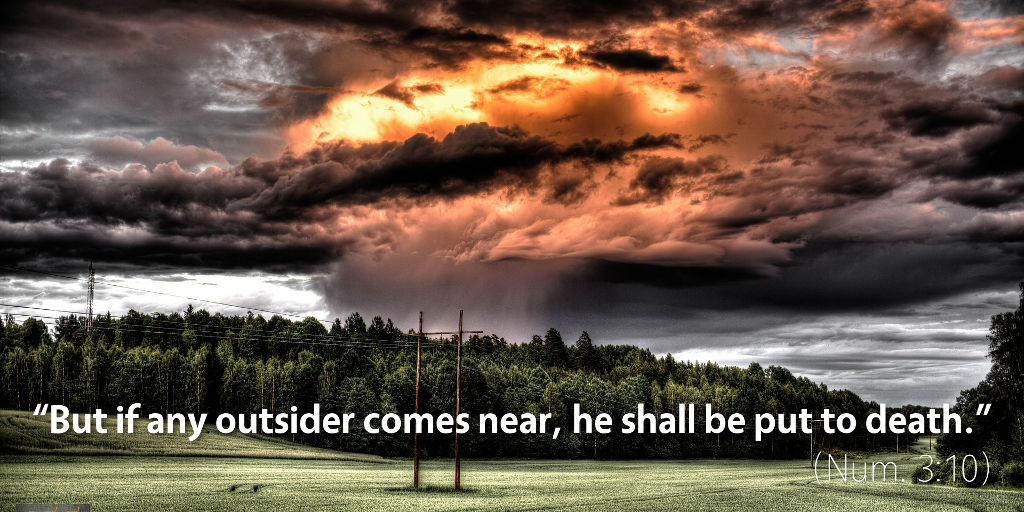Bible Readings for April 26th
Numbers 3 | Psalm 37 | Song of Songs 1 | Hebrews 1
Not all Levites were priests. A priest had to be a male descendent of Aaron, who was a Kohathite. The lineage of the priests looks like this (Ex. 6:16–25):
Levi —> Kohath —> Amram —> Aaron —> Priests
So, none of the Merarites or Gershonites were priests, and only some of the Kohathites were priests.
But, even if they weren’t all priests, the three clans within the tribe of Levi—Gershon, Kohath, and Merari—are given by Yahweh special work assignments not shared by any other tribe within Israel. When the nation of Israel moved to a different campsite, Yahweh gave the Gershonites the privilege of moving the fabric of the tabernacle—the coverings, screens, hangings, and cords (Num. 3:21–26). Then, he gave the Kohathites responsibility for the holy furniture within the tabernacle, including the ark, the table, the lamp stand, the altars, and the vessels (Num. 3:27–32). Finally, Yahweh entrusted the Merarites with the tabernacle’s infrastructure, such as the bars, pillars, bases, pegs, and cords (Num. 3:33–37).
These unique work assignments were privileges, but they were also holy responsibilities. In Numbers 3, we find the first two uses in Numbers of the word for “bring near” (qarab). This word had occurred ninety-one times in the book of Leviticus, usually to describe the bringing near of a sacrificial offering before Yahweh, which is exactly how the word is used in Numbers 3:4: “Nadab and Abihu died before the LORD when they offered [lit. “brought near”] strange [zarah] fire before the LORD in the wilderness of Sinai.”
This reference takes us back to the story in Leviticus 10, when Yahweh struck down two of the priestly sons of Aaron who had brought something strange near to Yahweh. To bring something near to Yahweh is a sacred, holy act. In fact, the other use of the word qarab in Numbers 3 describes the special place of privilege for the whole tribe of Levi: “Bring the tribe of Levi near, and set them before Aaron the priest, that they may minister to him” (Num. 3:6).
But to bring near something “strange” (zarah; i.e., foreign, unauthorized) was egregious. The same Hebrew root word for “strange” is used to describe the outsider who must be put to death: “If any outsider [zûr] comes near [to the tabernacle], he shall be put to death” (Num. 3:10). Just as Yahweh had struck down Nadab and Abihu for offering strange fire before him, he now charges the Levites as his guards with striking down any outsider who attempted to breach God’s tabernacle.
In this light, we see a glorious irony within the gospel: At the cross, Yahweh treated his perfect, spotlessly righteous Son as the ultimate stranger, striking him down with the fullness of his furious wrath against our sin, so that we could be brought near, not as strangers, but as God’s children.
Podcast: Play in new window | Download (5.8MB) | Embed
Subscribe: Apple Podcasts | RSS | More

Scripture quotations are from The Holy Bible, English Standard Version copyright © 2001 by Crossway Bibles, a division of Good News Publishers. Used by permission. All rights reserved.


